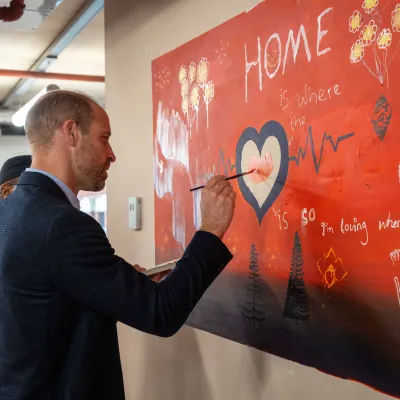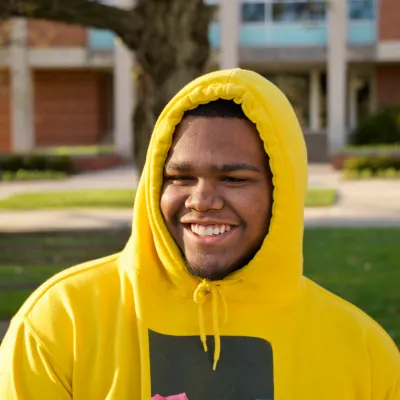It’s no secret that young people today have a rough deal when it comes to housing. Average house prices are around eight times average incomes, while rent increases have outstripped pay rises year-on-year for over a decade.
Our own research into housing across the generations found that almost two thirds of young people today spend more than 30 per cent of their monthly income on rent – more than double the proportion of those now in their 60s did at the same age.
Housing frustrations are felt by young people up and down the country; whether those still living with parents well into their thirties, young workers spending almost half their income on rent, or families having to keep moving again and again after a tenancy is not renewed by a private landlord.
However, for those at the sharpest end of the housing crisis, this shortage of options means not having a place to call home at all. At Centrepoint, we see how a lack of genuinely affordable housing impacts on vulnerable young people, as it becomes ever more difficult to find an affordable place to live.
From overcrowding and housing pressures leading to family breakdown, to young people being unable to move on from hostels due to a lack of affordable options, the crisis in affordable housing is both a major driver of youth homelessness and a barrier to resolving it.
Central to this is the decline in the availability of social housing. We know that between 2009 and 2018 the annual number of new social lettings to under 30s has decreased by a fifth, while the proportion of all lettings in this sector going to young people has also seen a steady decline.
The lack of social housebuilding from successive governments (reaching historic lows in recent years), coupled with an erosion of affordable public stock through right-to-buy and conversions to higher rent, means that only 17% of UK households now live in social housing, compared to over a third just over 40 years ago.
And as tenancies in the social rented sector become harder and harder to come by, only the households seen as most vulnerable are prioritised for public housing, leaving many young people with little chance of finding a place to rent.
A stable and secure home is a fundamental base for every element of a person’s life. From education, employment and development, to good mental health and wellbeing. But a critical lack of accommodation means that millions of people across the country are denied this necessity, with young adults among the hardest hit.
It’s why Centrepoint is developing our own affordable housing options, for those in work but unable to afford private sector rents, and why we’re exploring models such as intergenerational living and Housing First to support homeless young people into sustainable accommodation.
But without a long term supply of secure and affordable housing, more and more young people will find themselves unable to access the stability they need.
That’s why, in coalition with our colleagues at Crisis, Depaul, Homeless Link, Shelter and St Mungo’s, we’re calling on the next government to commit to building at least 90,000 social homes a year, and to ensure that housing allocations policies are not unfairly locking homeless people out of a secure place to live.
We’ve seen some promising pledges in party manifestos, such as Labour’s ambition to deliver ‘a new generation’ of council housing, and the Liberal Democrats target of an additional 100,000 socially rented homes a year. The Conservatives’ recognition that too many young people are locked out of home ownership is also welcome – but we need to see a renewed commitment to increasing the supply of genuinely affordable rented housing as well.






